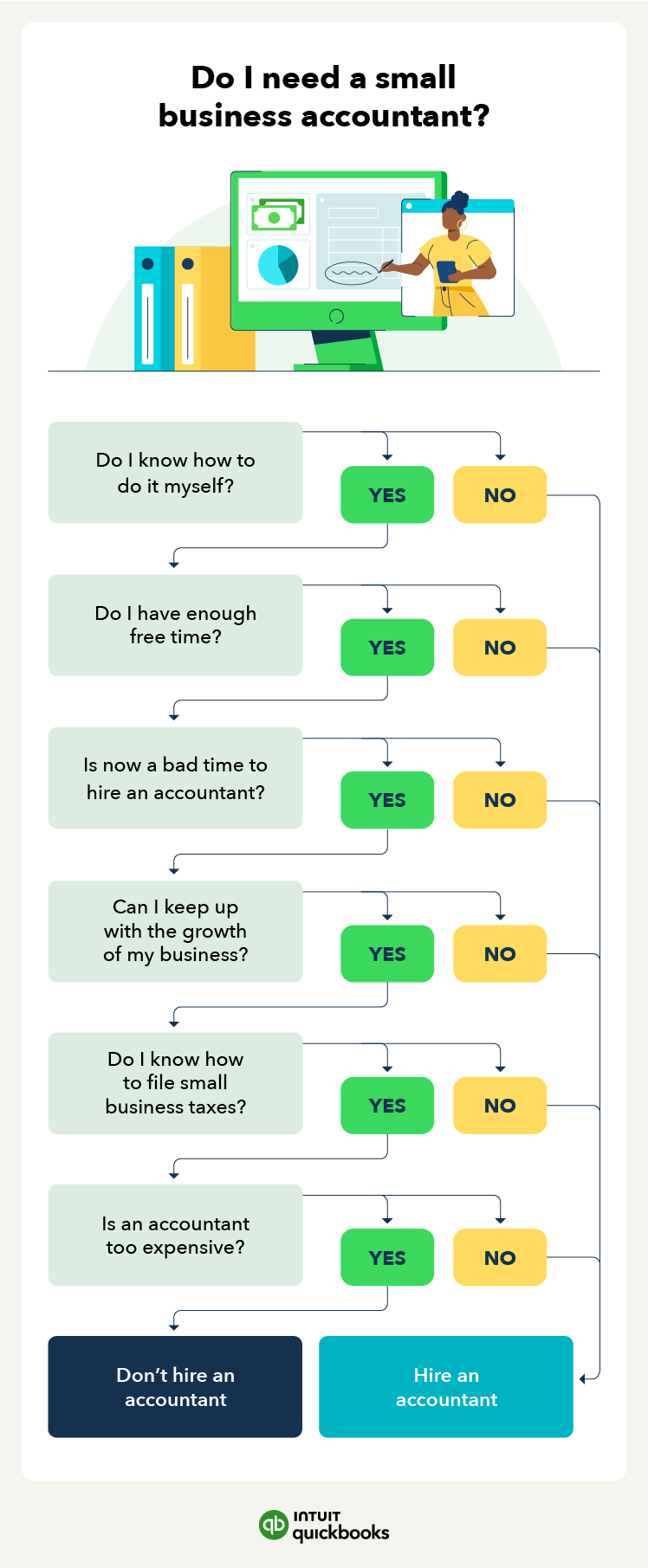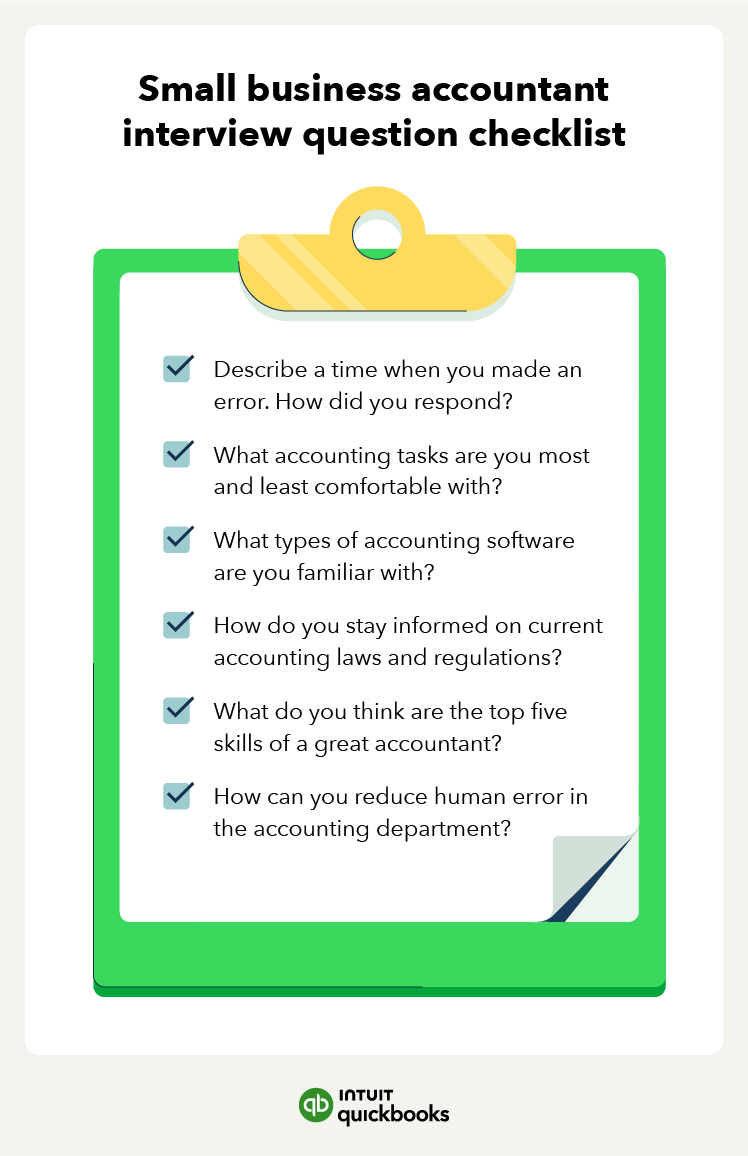You’ll also want to prepare a collection of interview questions that can help you vet potential hires. This can help ensure that none of your business’s requirements go unmentioned, allowing you to hire an accountant to help with everything you need.
For example, you may ask a potential hire the following questions:
- Describe a situation in which you made an accounting error. How did you respond to the situation?
- What accounting tasks are you most comfortable with? Which ones are you least comfortable with?
- What types of accounting software are you familiar with?
- How do you stay informed on current accounting laws and regulations?
- What do you think are the top five skills of a great accountant?
- How can you reduce human error in the accounting department?
3. Post a job or look for an accounting firm to hire
Once you’ve drafted the perfect job posting, you can post it to job sites, such as Indeed or LinkedIn, and wait for the talent to come in. If you don’t care as much about hiring an individual accountant for your business, you may look for an accounting firm to handle your accounting needs instead.
An accounting firm is a company with multiple accountants. Unlike hiring a full-time accountant, you can lean on an accounting firm as needed. This allows you to pay only for the services you need when you need them. There may be a required retainer agreement, so do your research when deciding on an accounting firm.


















